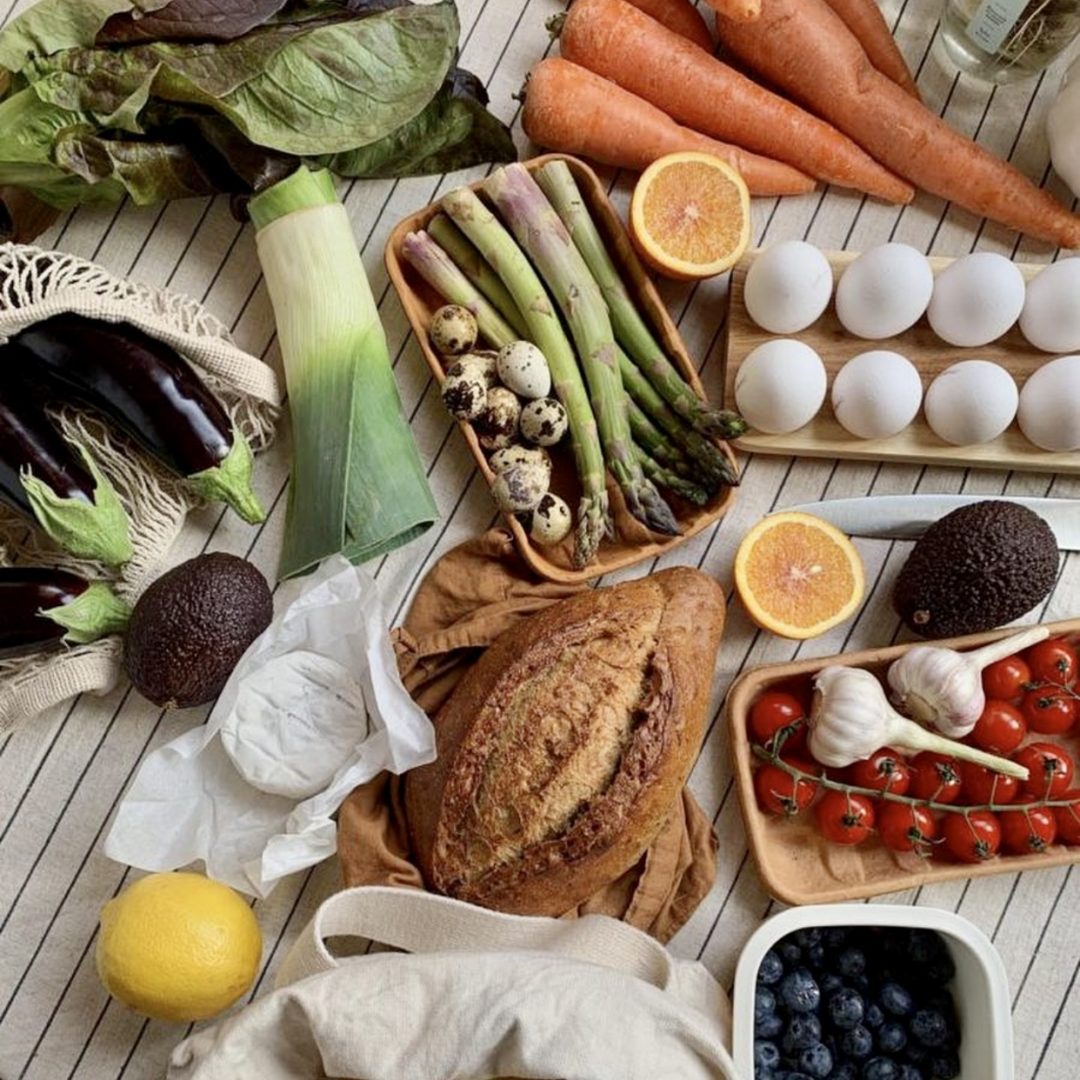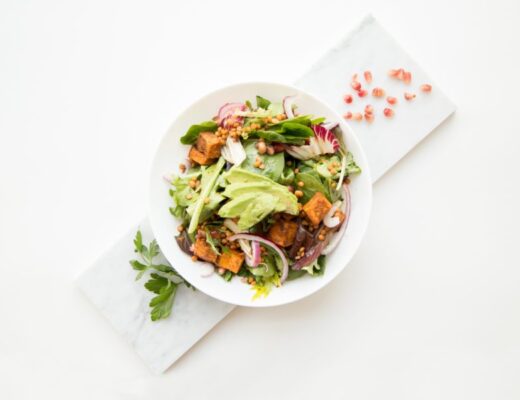As you know a main pillar of my platform is trying to age as gracefully and naturally as possible. After surveying many professionals on the topic, this article highlights exactly how to stay young both mentally and physically — boosting your brain power, and looking and feeling youthful.
If you want to increase your longevity and keep yourself feeling young at heart for years to come, try these expert-approved strategies – all TGW approved.
1. Give yourself a break
Recent studies show that stress causes physical changes in the body that can accelerate aging. Surges of the hormones adrenaline and cortisol cause blood pressure to rise and the heart to beat faster. These days, when stressors seem unrelenting (a steady stream of job pressures, traffic jams, money problems), chronic doses of adrenaline and cortisol can take a heavy toll on our physical and emotional health.
“Sixty to 90 percent of all doctors’ visits each year are related to anxiety, depression, obsessive anger and hostility, insomnia, high blood pressure, heart attacks — all problems caused by stress,” says Herbert Benson, M.D., author of The Relaxation Response and a founder and director emeritus of the Benson-Henry Institute for Mind Body Medicine in Boston. The most effective way to halt this destructive chain of events is to meditate, using what Dr. Benson calls “the relaxation response.” The technique involves repeating a mantra — a word, sound, phrase, or prayer — for as little as 10 minutes a day.
How exactly to do it:
- Once or twice daily, for 10 to 20 minutes, sit in a quiet place, close your eyes, relax your muscles, roll your head, neck, and shoulders, and breathe deeply. On each exhale, repeat your mantra (here are 10 possibilities to inspire yours).
- If other thoughts try to invade, says Dr. Benson, tell yourself, “Oh, well,” and return to your word or phrase. When you’re done, keep your eyes closed for an extra minute; slowly allow everyday thoughts to flow back into your mind.
- Not into the idea of meditation? Do yoga, or something active and repetitive, like mindful running, instead. Focus on your breathing and how your feet land with each stride. Just get your to-do list out of your head.
2. Consume more fat
I talk ad nausea about this. You want the healthy fats of course. Omega-3 fatty acids (found in salmon, walnuts, and seeds) help stabilize your mood, maintain bone strength, and help prevent visible signs of aging by reducing inflammation in the body, explains Nicholas Perricone, M.D., a leading anti-aging expert and author of 7 Secrets to Beauty, Health, and Longevity Omega-3s also boost the ability of the body’s enzymes to pull fat out of storage-from your hips, say-and use it as energy. Omega-3s keep you healthy and your skin radiant.
How exactly to do it: Virtually every expert agrees that you need two grams of omega-3 fatty acids a day,
1. Eat plenty of fatty fish such as wild salmon (a 3-ounce serving has 6.9 grams), as well as walnuts (one-half ounce has 9.2 grams). (I like bringing this raw healthy walnut butter on the go!) If you aren’t getting enough omega-3s from your diet, consider taking fish-oil supplements.
3. Get moving
Not only can regular exercise help you lose weight (if that’s what you’re after), tone muscles, build healthier bones, and boost mood, it can also help you think clearly. Studies cited by the National Institute on Aging demonstrate a connection between physical exercise and better brain power. Walking for just 10 minutes a day lowers your risk of Alzheimer’s by 40 percent. Physical conditioning reduces stress and anxiety, which wipe out your memory bank.
How to do it: Make time for three 20-minute workouts a week. You can also run, bike, swim, dance — simply do whatever you enjoy most.
4. Feel the love
Anyone who’s ever fallen head over heels or discovered an activity that makes them eager to jump out of bed in the morning knows that passion is a powerful drug. “It’s the central motivation of all human activity,” says Gail Sheehy in her book, Sex and the Seasoned Woman. The ability to embrace life boosts self-esteem, fuels the immune system, and improves cardiovascular health. Passion in bed can be particularly beneficial: “Loving touches release hormones, including oxytocin, that reduce stress and anxiety,” says Mehmet Oz, M.D., professor of surgery and vice-chairman of cardiovascular services at New York-Presbyterian/Columbia University.
How to: Banish boredom and isolation at all costs. Rekindle the flames with your partner. Or discover a new love in the form of a mental or physical pursuit- like take up painting, join a book club, start a running program. Do whatever it is that makes you feel energized and alive.
5. Drink red wine
A groundbreaking study showed that mice on a high-fat diet supplemented with resveratrol, a substance found in the skin of grapes, had longer average lifespans than those not given the resveratrol. According to the study’s co-lead researcher Rafael de Cabo, Ph.D., of the National Institute on Aging, resveratrol clearly reduced the risk of diabetes and liver problems in mice, leading to a significant decline in obesity-related deaths. But here’s the catch: You’d have to drink 180 bottles of red wine a day to get the same benefits.
Researchers are working now to improve the potency of resveratrol in order to develop a pill that contains the optimum amount of the substance. In the meantime, there’s plenty of evidence that a little red wine can offset a host of health problems. An animal study from Johns Hopkins University suggested that red wine can diminish brain damage caused by stroke by as much as 40 percent. And other research shows that grape-seed procyanidins, found in red wine, helps reduce arterial clogging, resulting in lower blood cholesterol levels and a reduction in deaths from heart disease. (Just remember to take these studies with a grain of salt — just because researchers found these effects on animals doesn’t mean the same ones will happen on humans.)
How to do this in a healthy way: Pour yourself a glass of red wine, but it’s best to follow the latest alcohol guidelines from the American Medical Association and drink no more than one glass (5 ounces) a day for your health.
6. Do yoga
More energy, better posture, greater flexibility, improved mood, and less stress are just some of the rewards of this mind-body workout. Yoga means ‘union’ in Sanskrit. Through conscious yoga breathing, you become aware of the connection between mind and body. That translates into major anti-aging advantages. Yogic breathing has been shown to oxygenate the cells, ridding them of toxins, helping prevent illness, and making skin radiant. Unlike other exercises, yoga poses designed to work the inside of your body as well as the outside, which helps rejuvenate the digestive system, the reproductive system, even the immune system. Yoga is like wringing your body out like a washcloth, it’s one of the best ways to keep things moving.
How to do it: Practice yoga or other mind-body activities at least twice a week, says Lee, to give yourself an energy boost, help build bone mass, and de-stress.
The health buzz about this brew keeps getting stronger: Green tea has been found to reduce the risk of breast cancer and prevent remissions, and now it’s being tested as a way to help prevent bladder, colorectal, and lung cancer recurrence. Green tea is an amazing compound in terms of blocking the signaling network that is linked with the progression of cancer. It’s also an effective weight-management agent because it appears to rev up metabolism, preliminary research indicates that green tea may even help prevent Alzheimer’s disease. A Japanese study published in the American Journal of Clinical Nutrition found that drinking at least one cup a day can help keep your brain sharp as you get older.
How to do it: Sip two or three cups daily for the ultimate health benefits, I like matcha in the morning and a a regular green tea (early, by say 2pm).
9. Eat the rainbow
Our body’s largest organ — skin — shows the signs of aging more than any other body part. “The most important preventive measure you can take against the sun is to build up your antioxidant levels and maintain adequate levels of vitamins A, C, D, and E,” says Jennifer Landa, M.D., Chief Medical Officer of BodyLogicMD.
In addition to supporting heart health, reducing the risk of cancer, and preventing cognitive decline, the Mediterranean diet may help protect your telomeres, DNA sequences that sit at the ends of chromosomes and protect them from damage, according to a 2014 study published in BMJ. ICYDK, telomere length is considered a biomarker of aging: Shorter telomeres are linked with a lower life expectancy and increased risk of developing chronic disease. While telomere length typically decreases with age, this shortening can be sped up by oxidative stress and inflammation, according to the researchers.
Sticking to a Mediterranean diet, however, may help fend off that damage. The BMJ study of more than 4,600 healthy, middle-aged and older women found that greater adherence to the Mediterranean diet was “significantly associated” with longer telomeres. One potential reason: The primary foods involved in the Mediterranean diet — fruits, vegetables, and nuts — are known to have antioxidant and anti-inflammatory effects, meaning they may protect against the oxidative stress and inflammation that can cause telomere shortening, per the researchers.
How to stay young: Eating lots of brightly colored organic fruits and vegetables also boosts levels of these vitamins. These powerful vitamins work liked natural sunscreen for the body, aiding in the prevention of skin aging and skin cancer.
Load your plate with fruits, veggies, nuts, legumes, unrefined grains, and fish; cook with olive oil in place of butter and vegetable oil; keep your consumption of dairy and meat to a minimum.
10. Slather your skin with supplements
Retinol, a type of vitamin A (and a nonprescription, weaker-strength relative of Retin-A), is considered the most effective over-the-counter treatment to smooth the skin and prevent wrinkles, says David Colbert, M.D., founder of the New York Dermatology Group in New York City. Retinols cause the skin to gently peel, revealing a silkier, rosier, and more supple layer. Dr. Perricone touts the benefits of alpha lipoic acid, a potent antioxidant that naturally occurs in the body. “Alpha lipoic acid is a wonderful anti-aging mechanism,” he says. It has been shown to reduce fine lines, improve skin texture, tighten pores, and give skin a general radiance.
How to stay young: Look for skin creams containing retinol. Another good way to ensure cell turnover, protect your skin against free radicals, and stimulate collagen growth is to apply vitamin C serum under your moisturizer and makeup, says Dr. Colbert. Finally, be sure to use a broad-spectrum sunblock every day to protect against UVA and UVB rays, which can cause photoaging and skin cancer.
11. Prioritize sleep
Consistently getting poor sleep not only make you feel exhausted, but it also has a serious impact on your health. Research shows that insufficient sleep ups the risk of developing diabetes and cardiovascular disease, and more importantly, it can impact your life expectancy. Case in point: An analysis of data from three studies found that sleeping five or fewer hours per night may increase mortality risk by as much as 15 percent, according to the Division of Sleep Medicine at Harvard Medical School.
This is particularly important for the middle-aged crowd. A 2019 study of more than 55,000 people found that those who reported sleeping seven to eight-and-a-half hours a night on average could expect to live 19.1 years “in good health” between the ages of 50 and 75. In comparison, participants who slept less than seven hours could expect 18 healthy years, and those who snoozed more than nine hours could expect 16.6 healthy years during that period. Yes, even getting too much sleep can impact your health: Research shows snoozing for 8 to 9 hours or more is linked with a greater risk of coronary heart disease, stroke, cardiovascular disease, and type 2 diabetes.
How to stay young: Aim to snooze for seven to eight hours each night. (And grab one — or all — of these sleep books to learn how to score restful zzzs.)





No Comments